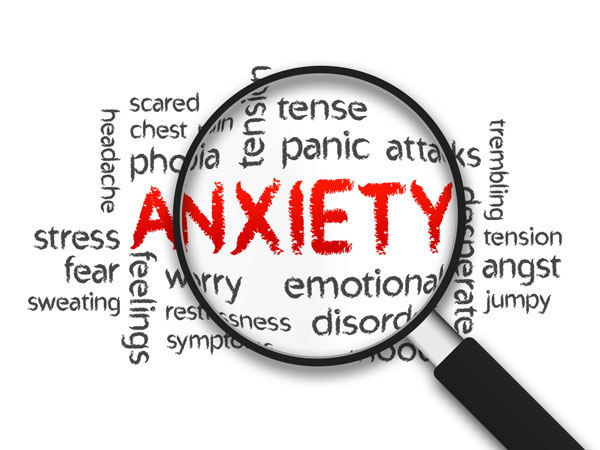
Social anxiety disorder (SAD), also known as social phobia, is a prevalent mental health condition characterized by an intense fear of social situations. Individuals with SAD often experience significant distress and avoidance of social interactions, impacting their daily functioning and overall quality of life. In this comprehensive guide, we will delve into the intricacies of social anxiety disorder, exploring its symptoms, causes, diagnosis, and effective management strategies.
Understanding Social Anxiety Disorder
Social anxiety disorder is more than just shyness or occasional nervousness in social situations. It involves persistent and excessive fear of being judged, embarrassed, or humiliated in social settings. This fear is often irrational and disproportionate to the actual threat posed by the situation. Common symptoms of social anxiety disorder include:
-
Intense fear or anxiety in social situations, such as public speaking, meeting new people, or participating in group activities.
-
Physical symptoms like trembling, sweating, rapid heartbeat, nausea, or blushing in social situations.
-
Avoidance of social situations or enduring them with extreme distress.
-
Negative self-beliefs and catastrophic thinking about social interactions.
-
Impairment in social, occupational, or academic functioning due to anxiety.
Causes of Social Anxiety Disorder:
The exact cause of social anxiety disorder is not fully understood, but it is believed to result from a combination of genetic, environmental, and psychological factors. Some potential causes and risk factors include:
-
Genetics: Research suggests that there may be a genetic predisposition to social anxiety disorder, as it tends to run in families.
-
Brain Chemistry: Imbalances in neurotransmitters, such as serotonin and dopamine, may contribute to the development of social anxiety disorder.
-
Environmental Factors: Traumatic or negative experiences in social situations, such as bullying or humiliation, can increase the risk of developing social anxiety disorder.
-
Personality Traits: Individuals with certain personality traits, such as perfectionism or low self-esteem, may be more susceptible to social anxiety disorder.
Diagnosis and Assessment
Diagnosing social anxiety disorder involves a comprehensive assessment by a mental health professional. This typically includes a thorough evaluation of symptoms, medical history, and psychosocial factors. The Diagnostic and Statistical Manual of Mental Disorders (DSM-5) criteria are often used to diagnose social anxiety disorder. Additionally, clinicians may use standardized assessment tools, such as the Liebowitz Social Anxiety Scale (LSAS), to measure the severity of symptoms and track progress over time.
Managing Social Anxiety Disorder
Effective management of social anxiety disorder often involves a multimodal approach, combining various therapeutic techniques and interventions. Some common strategies for managing social anxiety disorder include:
-
Cognitive-Behavioral Therapy (CBT): CBT is a highly effective form of psychotherapy for social anxiety disorder. It helps individuals identify and challenge negative thought patterns and beliefs about social situations. CBT also teaches practical skills, such as relaxation techniques and social skills training, to reduce anxiety and improve social functioning.
-
Exposure Therapy: Exposure therapy involves gradually exposing individuals to feared social situations in a controlled and supportive environment. Through repeated exposure, individuals learn to tolerate and eventually overcome their anxiety responses.
-
Medication: Antidepressant medications, such as selective serotonin reuptake inhibitors (SSRIs) and serotonin-norepinephrine reuptake inhibitors (SNRIs), may be prescribed to alleviate symptoms of social anxiety disorder. These medications can help regulate neurotransmitter levels in the brain and reduce anxiety symptoms.
-
Lifestyle Modifications: Adopting healthy lifestyle habits, such as regular exercise, adequate sleep, and stress management techniques, can help reduce overall anxiety levels and improve coping mechanisms.
-
Support Groups: Joining a support group or participating in group therapy can provide individuals with social treatment anxiety disorder with a sense of belonging and understanding. Sharing experiences and coping strategies with others who are facing similar challenges can be incredibly validating and empowering.
Conclusion
Social anxiety disorder is a common and treatable mental health condition that affects millions of individuals worldwide. By understanding the symptoms, causes, and effective management strategies for social anxiety disorder, individuals can take proactive steps towards improving their mental well-being and reclaiming their lives. With the right support and treatment, it is possible to overcome social anxiety and thrive in social situations with confidence and ease.







